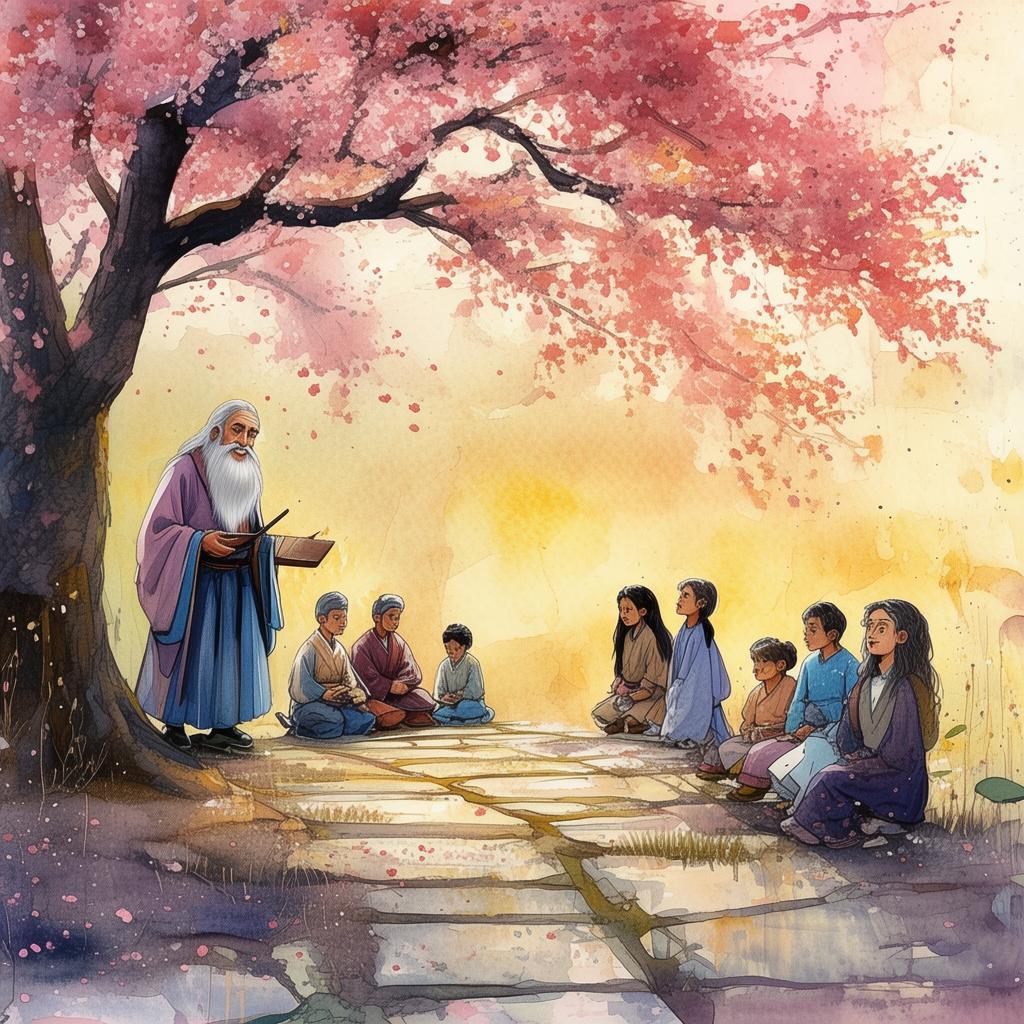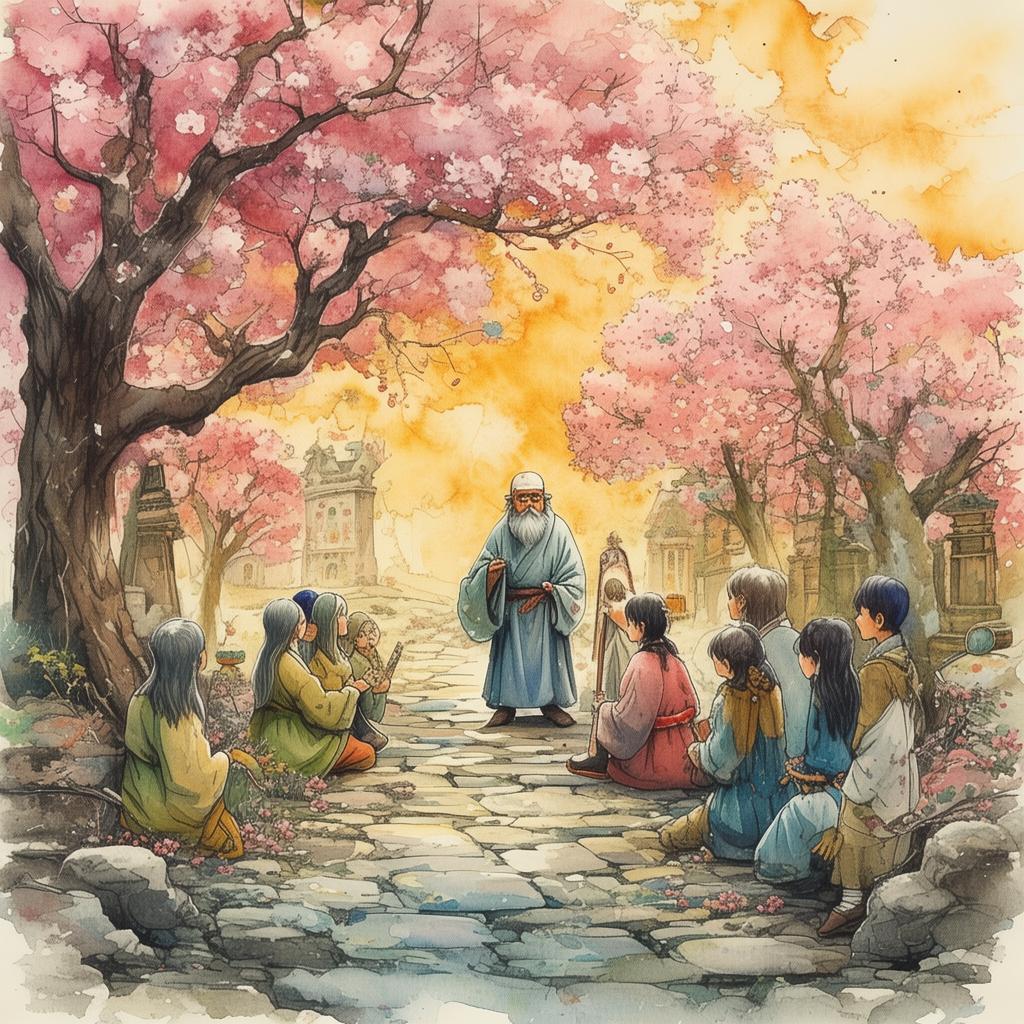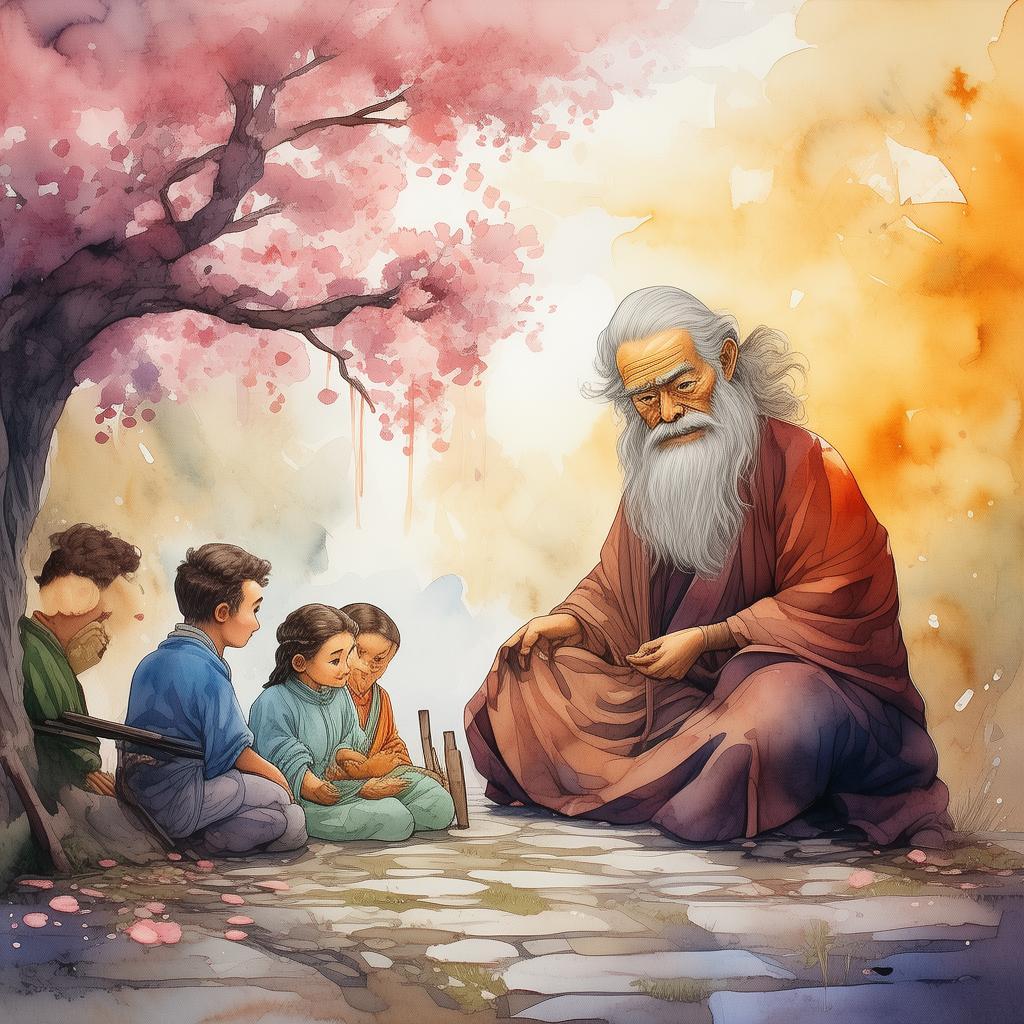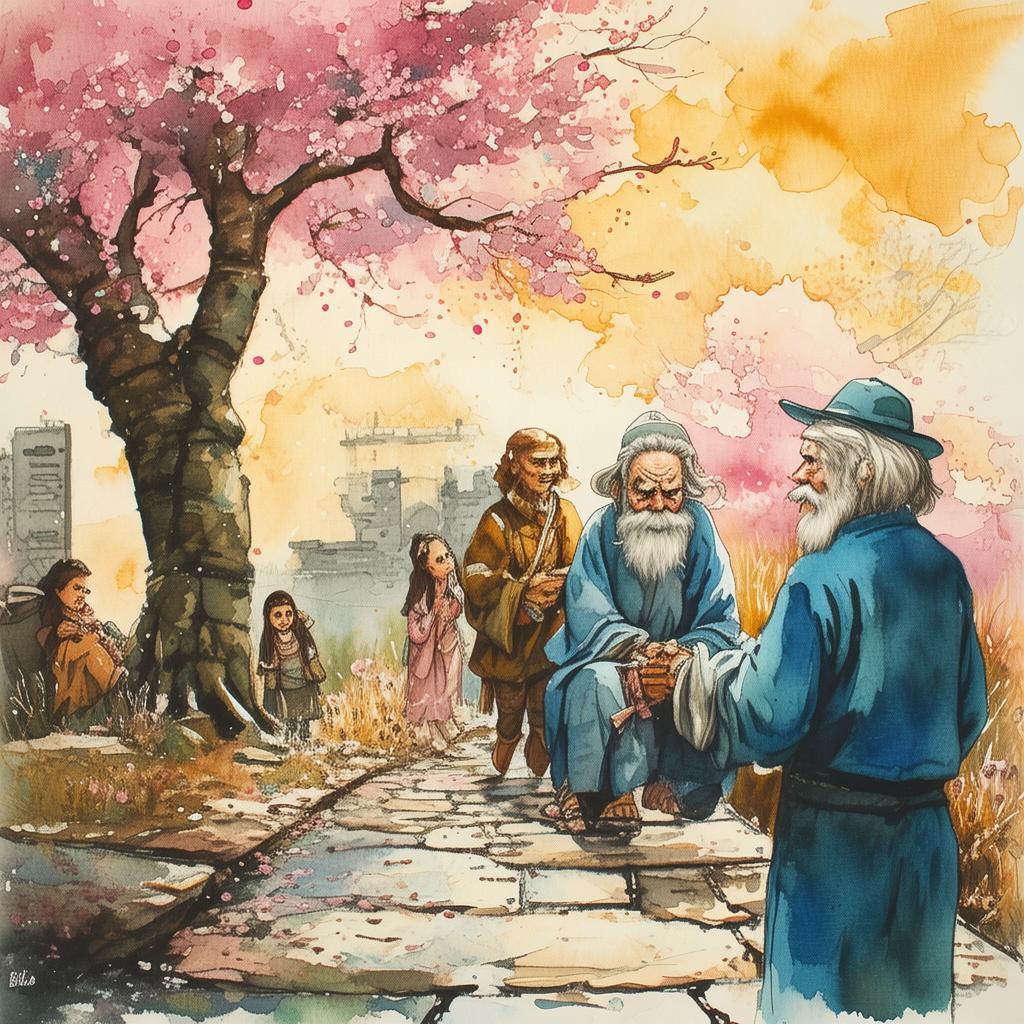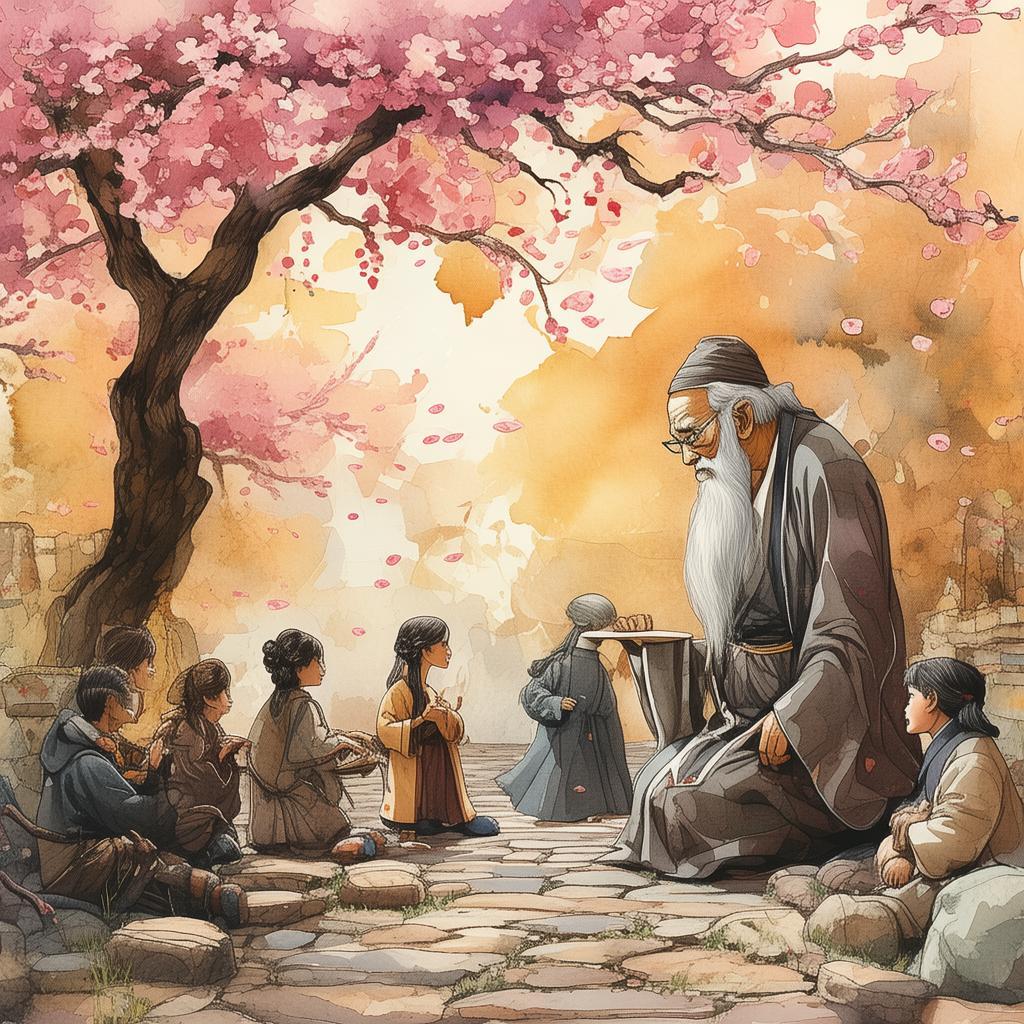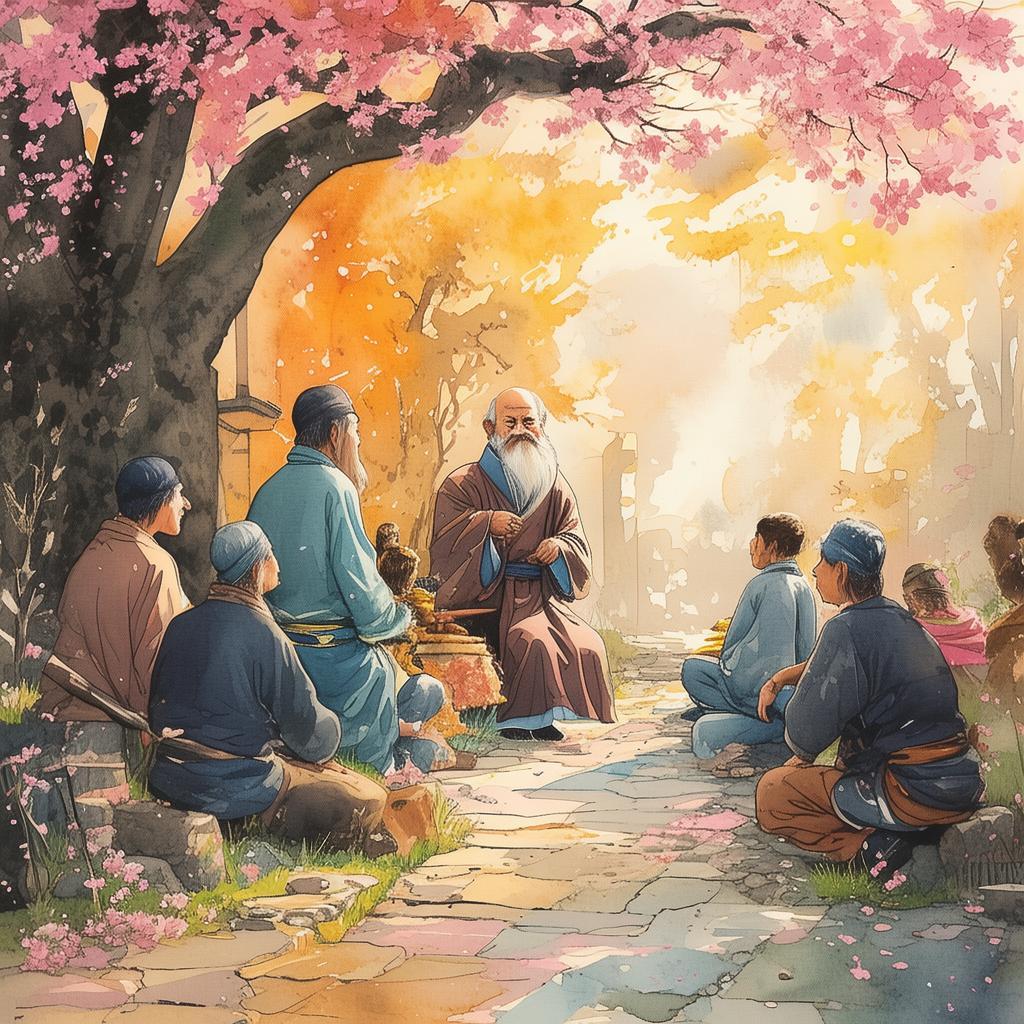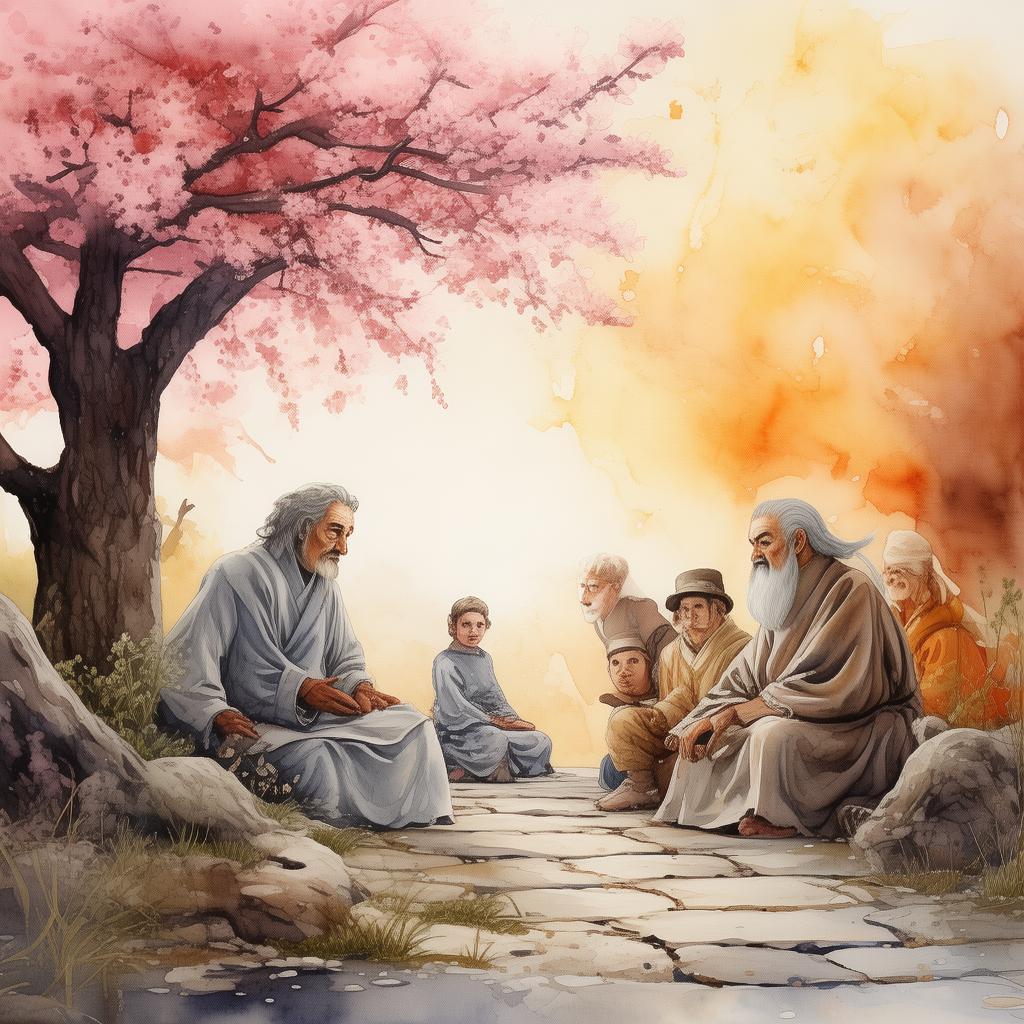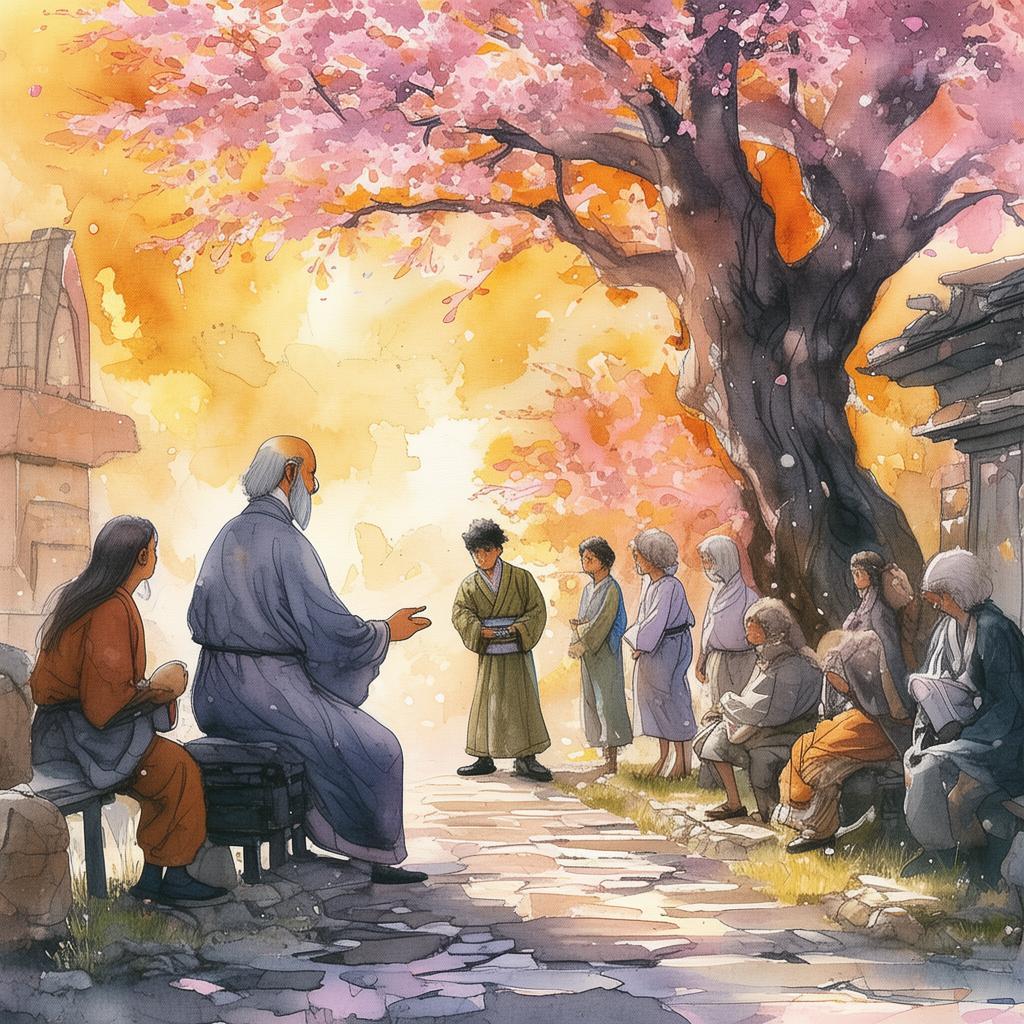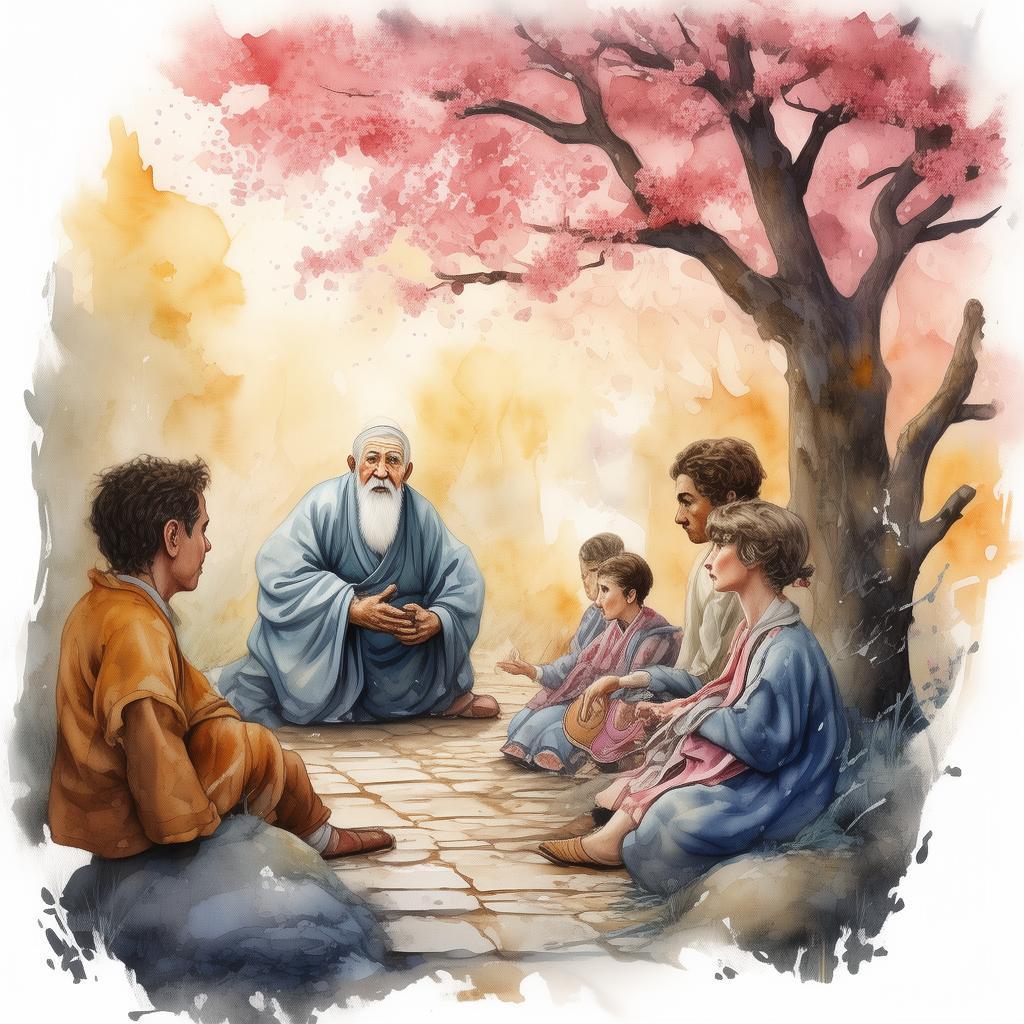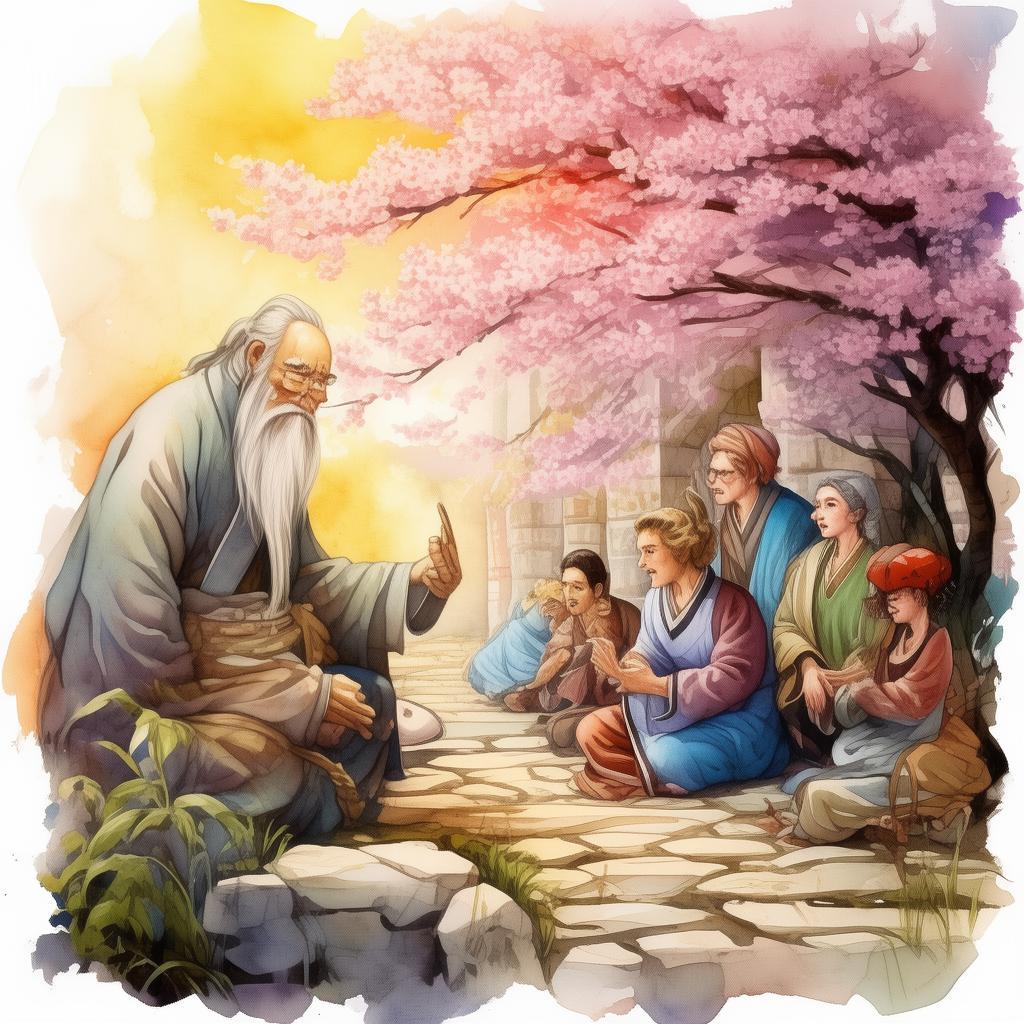The Mirror of the Golden Throne: A Tale of Sovereignty and Betrayal
In the ancient realm of Jin, where the golden throne was the symbol of absolute sovereignty, the people's will was the very essence of the kingdom's governance. The throne, adorned with jewels and precious metals, stood in the heart of the imperial palace, a mirror reflecting the collective heart of the nation.
The Emperor of Jin, known for his wisdom and just rule, was deeply connected to his people. His policies were crafted with the intention of ensuring the prosperity and happiness of all. The golden throne, therefore, was more than a seat of power; it was a symbol of the people's trust and the emperor's unwavering commitment to their well-being.
One day, a cunning advisor named Feng appeared in the court. He was a man of great intellect and ambition, and he quickly rose to the emperor's favor. Feng was skilled in the arts of manipulation and persuasion, and he used these talents to further his own agenda.
As Feng's influence grew, he began to cast a shadow over the golden throne. He whispered tales of the throne's supposed imperfections, suggesting that the true ruler of Jin was not the emperor but the one who could control the throne's power. His words were sown into the fertile soil of doubt, and soon, whispers of a new order began to spread throughout the kingdom.
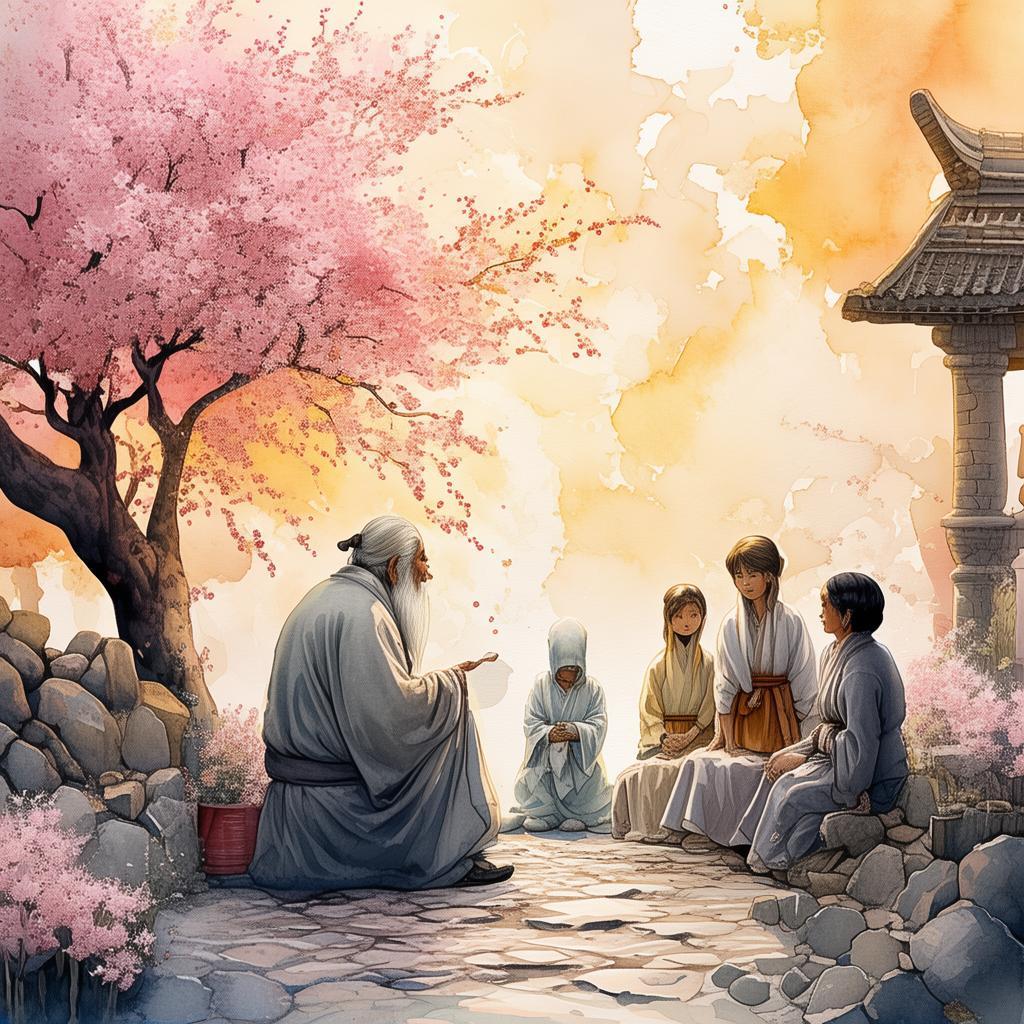
The emperor, aware of the growing unrest, sought counsel from his most trusted advisors. Among them was a wise old statesman named Li, who had served the throne for decades. Li understood the gravity of the situation and knew that the kingdom's stability rested on the golden throne's unbroken mirror.
"Your Majesty," Li said, his voice filled with urgency, "the mirror of the golden throne is a symbol of our unity and sovereignty. Without it, the people will lose faith in our rule."
The emperor nodded, understanding the wisdom in Li's words. He knew that the throne's power was not in its jewels or metal but in the reflection of the people's will it represented. Determined to preserve the kingdom's harmony, the emperor ordered a grand festival to celebrate the throne's enduring legacy.
However, as the festival approached, Feng's influence grew even stronger. He plotted to steal the throne and shatter the mirror, ensuring that his own vision of power would rise in its place. On the eve of the festival, Feng sneaked into the throne room and, with a swift motion, shattered the mirror.
The sound of the mirror's shattering echoed through the palace, causing a stir among the courtiers. The emperor, upon hearing the news, was deeply distressed. He knew that the mirror's destruction was a betrayal of the people's trust and a threat to the kingdom's stability.
The festival was canceled, and the emperor convened an emergency council. Li, with his keen insight, proposed a bold plan. He suggested that the throne be restored, not with a new mirror, but with the people's own reflections. This way, the throne would once again be a true representation of the nation's heart.
The plan was met with skepticism by some, but the emperor, inspired by the idea, agreed. The people were called upon to gather at the palace, where their reflections would be captured and placed on the throne. As the people's reflections filled the throne, the mirror's shattered pieces were pieced together, symbolizing the unity and resilience of the kingdom.
The restored throne stood tall, its surface reflecting the diverse faces of the nation. The emperor, with a newfound sense of purpose, addressed the people, "The golden throne is not just a symbol of power; it is a testament to our shared will. Together, we can overcome any challenge that comes our way."
Feng, seeing the strength of the people's resolve, realized that his ambition would never be fulfilled. He confessed his treachery and asked for forgiveness. The emperor, showing mercy, forgave Feng but reminded him that true power lies in serving the people, not in seeking personal gain.
The kingdom of Jin flourished once more, its golden throne a beacon of hope and unity. The people's will, now reflected in the throne, was a testament to the enduring strength of their nation. And so, the saying "The Mirror of the Golden Throne" became a symbol of the people's sovereignty, a reminder that true power comes from the collective will of the people.
✨ Original Statement ✨
All articles published on this website (including but not limited to text, images, videos, and other content) are original or authorized for reposting and are protected by relevant laws. Without the explicit written permission of this website, no individual or organization may copy, modify, repost, or use the content for commercial purposes.
If you need to quote or cooperate, please contact this site for authorization. We reserve the right to pursue legal responsibility for any unauthorized use.
Hereby declared.
